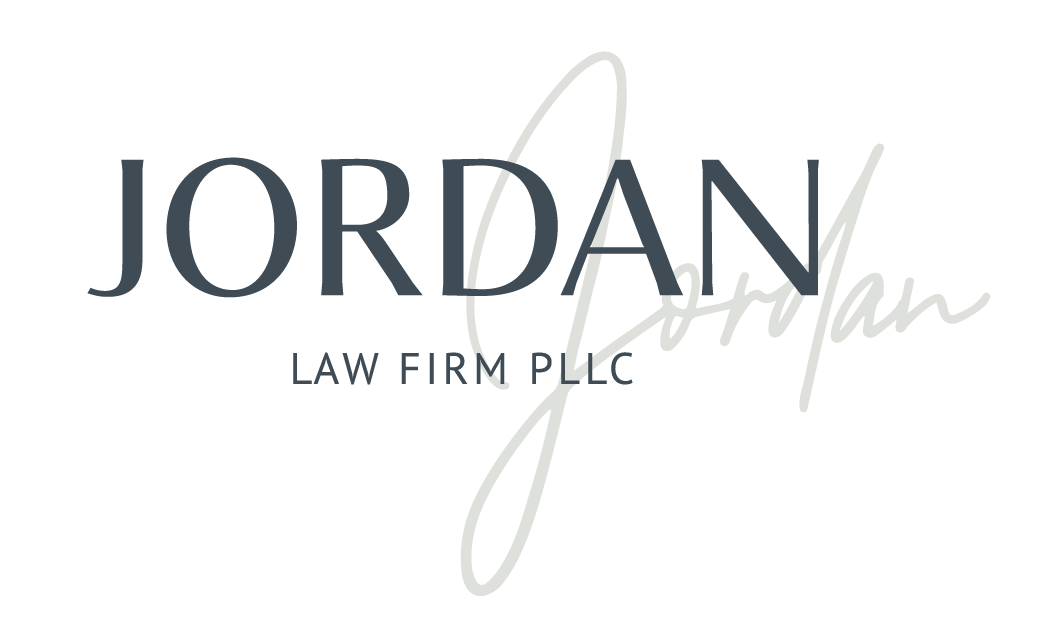Keeping Your Plan Up to Date
Most estate planning documents can be updated and amended as your circumstances and wishes change. We recommend reviewing your documents periodically (annually or every two years) to be sure they still reflect your wishes and circumstances. Jordan Law Firm clients receive free review appointments with Sarah every two years; we even mark our calendar to contact you to remind you!
What do updates look like? To update your Will, you might sign a Codicil, which simply amends your Will and should be attached to your Will. If the changes you want to make to your Will are extensive, or if you prefer that your loved ones not see the progression of changes you have made, you might consider signing a new Will instead of a Codicil.
Updates to a trust normally take two different forms. A simple amendment states the changes you are making to the trust agreement, and is attached to the original trust agreement. A restatement is a reissuance of the entire trust agreement and incorporates your changes in the appropriate places throughout the document. Whether you choose an amendment or a restatement depends upon the extensiveness of the changes you wish to make, and whether you want your successor trustee and beneficiaries to see the progression of changes you have made.
For updates to powers of attorney, health care directives, and disposition of remains instructions, we normally have clients sign brand new documents instead of separate amendment documents that would be attached to the original. Since powers of attorney, health care directives, and disposition of remains instructions are often used with third parties (such as banks or hospitals), keeping them clear and up-to-date is a best practice.
Reach out to us to discuss updating your documents. Over time, it feels good to stay prepared so that your loved ones remain securely organized.
